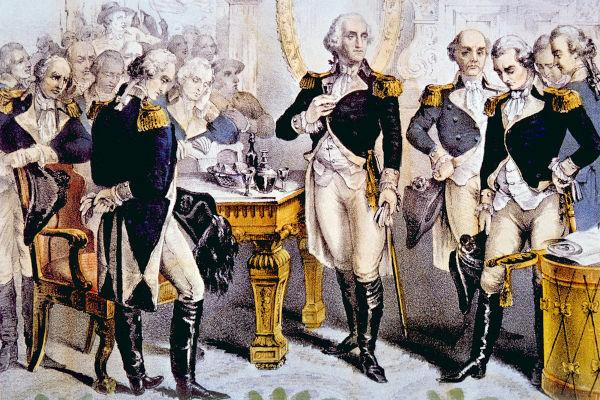From the end of the 18th century, the French Revolution not only conceived a transformation of the political structures that regulated such a nation, as we well know, the ideals of this revolution were of paramount importance for the fight against the Old Regime to take place and for the old structures of political, social and cultural thought in Europe to suffer greatly. transformation. In this respect, we must emphasize the Enlightenment as the most important idea employed in these unprecedented demands.
Not restricted to the European environment, the Enlightenment ideals propagated by the French Revolution reverberated on the American continent, where the struggles for autonomy broke the bonds of the pact colonial. Even having the search for equality and freedom as a common point, we cannot simply assume that the American populations took the simple trouble of copying a foreign ideal. After all, the political and social agents of the Americas were different.
In the foreground, it is important to highlight that Europeans embrace the Enlightenment banners through bourgeois political action and that this social class turns against feudal barriers in search of an economy based on free competition and the organization of a State that places all its members under the same force law. In practice, this equality proves to be quite questionable when the new governments and the bourgeoisie veto the participation of the popular.
Do not stop now... There's more after the advertising ;)
In the Americas, this type of contradiction is very close, since the formation of a privileged elite and the exploitation of labor are typical features of the colonial experience of this space. In fact, it is the members of this elite who, through the changes experienced in capitalism, lead the political emancipation movements in the Americas defending the Enlightenment's ideals of freedom, with a view to strengthening its economic link with the great powers capitalists.
With this, we see that the former dependence on colonial funds deepens even more with the implementation of economic policies visibly linked to the strengthening of an agro-export economy and dependent on industrialized products from large urban centers foreign. Supporting this project of bourgeois order, we see that America continued to be the stage for the historic struggles of peasants, urban workers and ex-slaves still tormented by the wound of exclusion.
Analyzing the repercussion of the Enlightenment on the American experience, we see that its realization cannot substantiate transformations that would in fact transform freedom and equality into conditions broadly shared. On the contrary, some of the problems of the colonial age are still alive in the weakness of our political institutions, in the various economic barriers that afflict us and we still have a lively interest in seeking resolution models thought of in other civilizations.
By Rainer Sousa
Master in History
Would you like to reference this text in a school or academic work? Look:
SOUSA, Rainer Gonçalves. "The Enlightenment in the Americas"; Brazil School. Available in: https://brasilescola.uol.com.br/historia-da-america/o-iluminismo-nas-americas.htm. Accessed on June 27, 2021.

